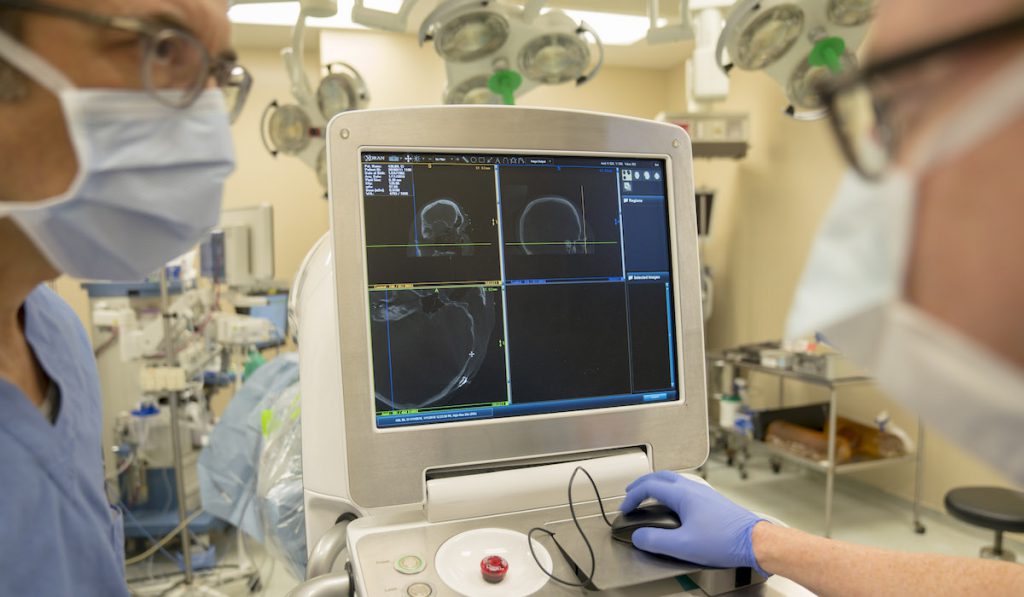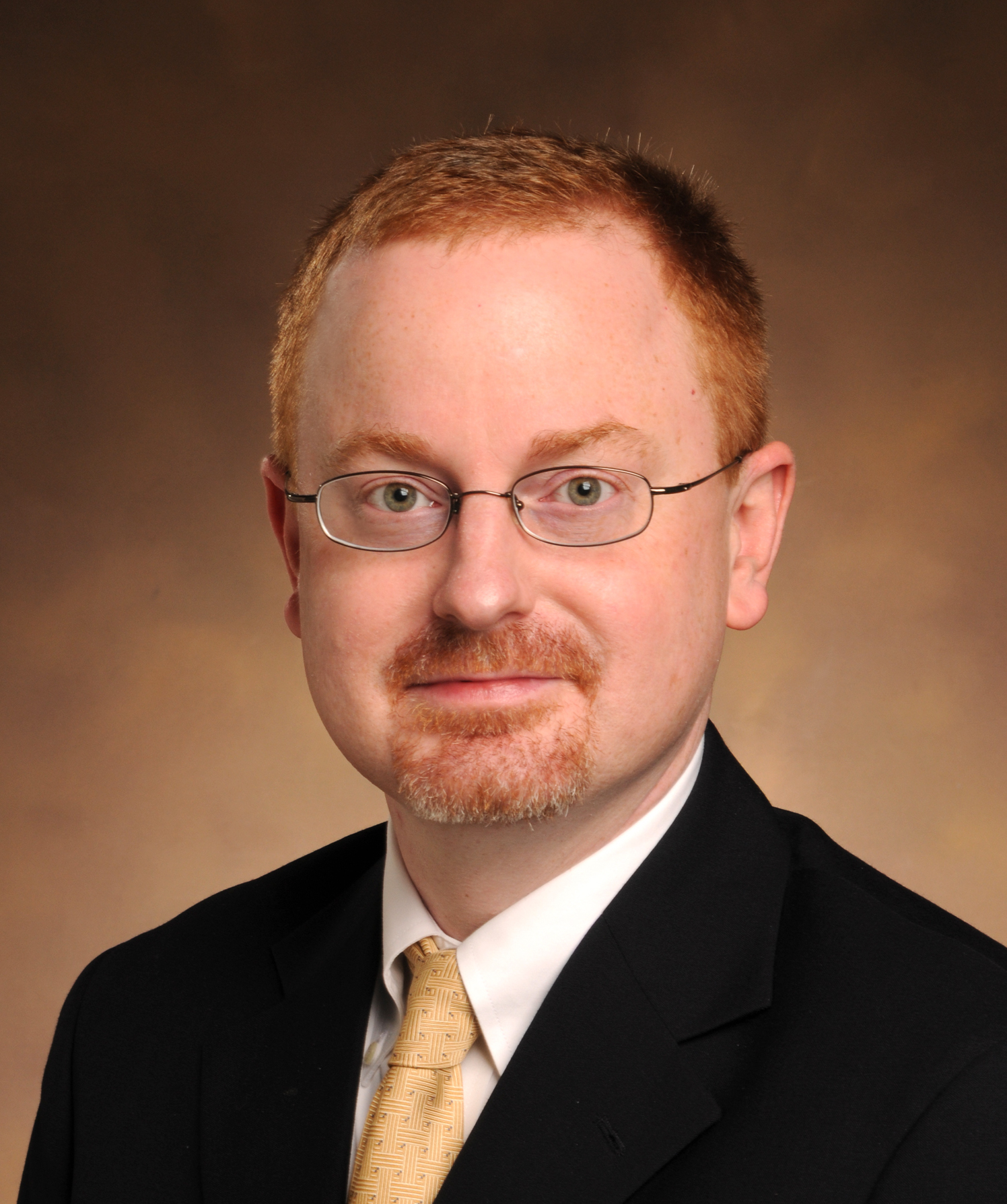A “one-size-fits-all” approach to cochlear implantation has left many patients without the optimal electrode placement for their implant, says Robert F. Labadie, M.D., who oversees Vanderbilt University Medical Center’s cochlear implant program. The program is the largest in the country.
“We think more than two-thirds of patients could have dramatic improvement by either better surgical insertion or post-operative programming changes,” Labadie said. His Vanderbilt laboratory draws on his expertise in otology and biomedical engineering to develop innovations that will improve outcomes for cochlear implants.
Those innovations include an advanced use of CT scanning, powered by a custom-developed algorithm, to fine tune electrode placement either intraoperatively or during later programming. Labadie also has an FDA exemption for a novel, single-tunnel procedure directly to the cochlea for surgical implantation, as opposed to a standard, wide-array dissection.
Labadie hopes this all amounts to a sea change in implantation and device optimization. “Within the next 10 to 12 months, we want to have prescriptive plans. When the surgeon goes in the operating room, they will know what’s specific for patient X, or what’s different for patient Y,” Labadie said.
Robert Labadie Discusses His Lab’s Latest Advances in Cochlear Implantation




